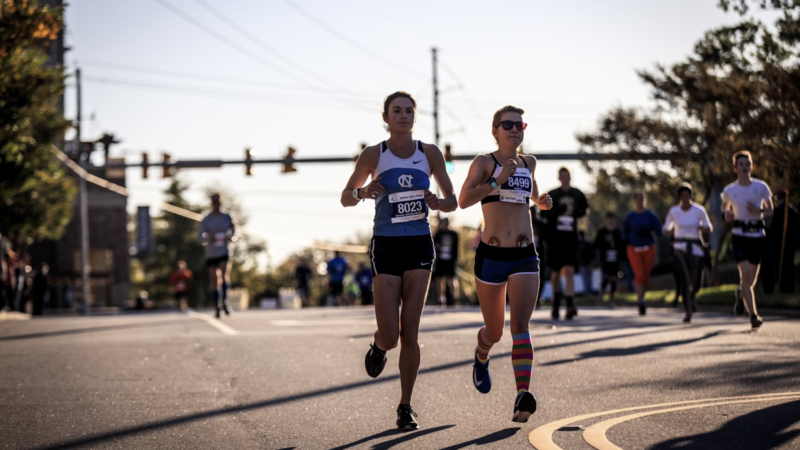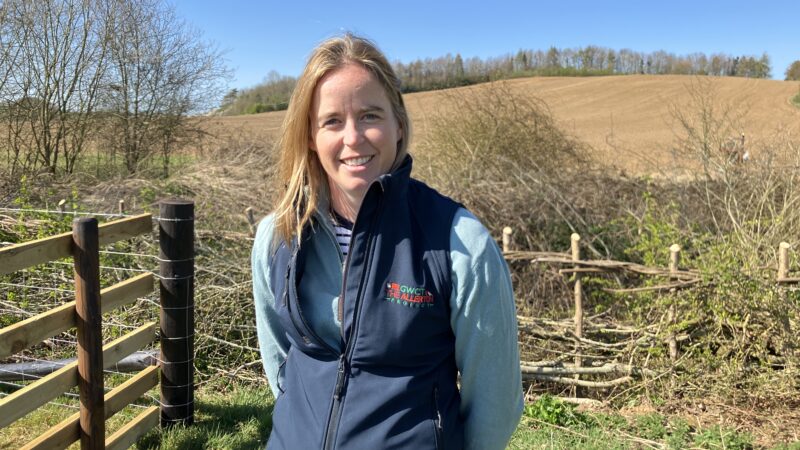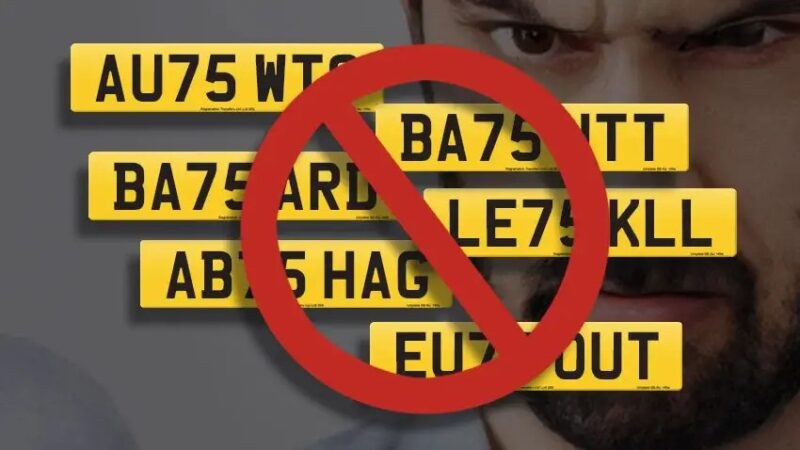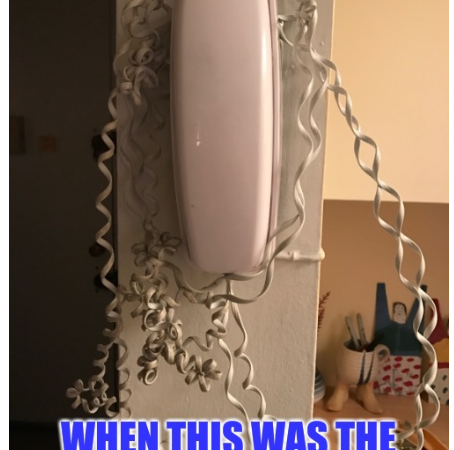Drive at 45 to make your fuel go further
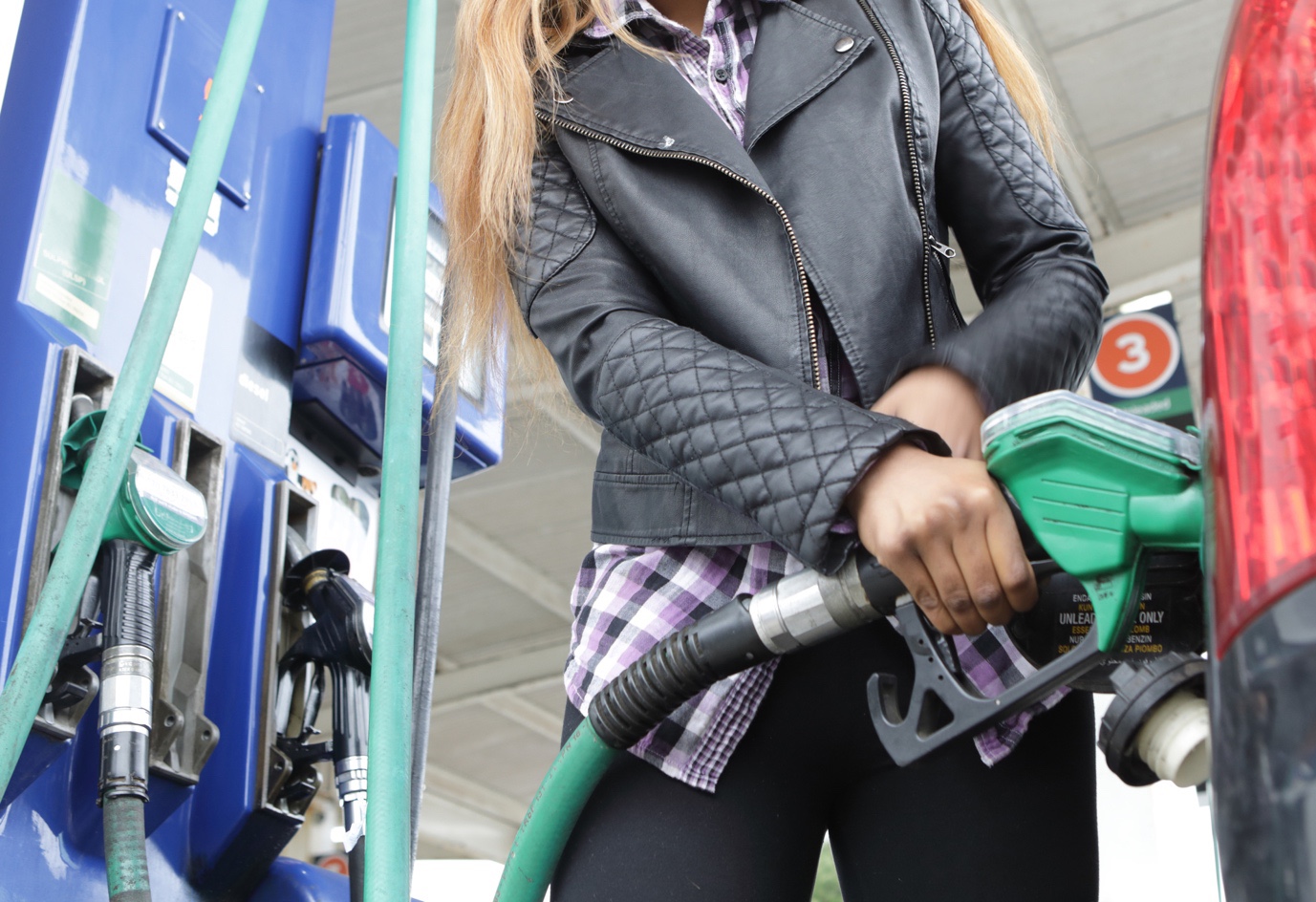
Motorists are being urged to squeeze as many miles out of their tanks as possible amid the fluctuating cost of fuel and Britain’s current cost-of-living crisis.
Experts at one of the UK’s leading price comparison websites Quotezone.co.uk, have offered car owners advice on how to make their fuel go further with simple adjustments to their driving habits.
With fuel prices and living costs at record highs, households are looking to cut their monthly expenses and improving fuel efficiency is a good way to help stretch the budget.
Obviously, Motorists are advised to avoid expensive petrol stations and search for the cheapest prices, for example it may be more cost effective to fill the tank at an independent retailer – so best check online for the nearest locations before setting off and include them as part of an upcoming journey before the fuel level hits low.
One of the most crucial factors on fuel consumption is speed, as faster driving wastes more fuel – the optimal fuel-efficient speed for most cars is 45-50 mph.
Greg Wilson, Founder of car insurance comparison site Quotezone.co.uk said: “Frugal drivers can get the maximum mileage from the fuel tank by incorporating money-saving driving techniques into their everyday journeys. Eco-driving can have a huge impact on how much money you spend at the petrol pump.
“Besides choosing the cheapest petrol station and the right speed, there are a number of other simple tricks that can help you make fuel go further, including decluttering the boot and checking tyre pressure.”
Here are the top eight fuel saving tips from the team, available at Quotezone.co.uk:
Remove excess weight
The heavier the car, the harder the engine has to work, resulting in higher fuel consumption. Make sure to declutter your car and clear out the boot to reduce some weight.
Regular maintenance
Keeping the car in good condition ensures that the vehicle runs efficiently which also helps fuel economy. It may be a bit costly to service the car, but it can save you a lot of money in the long run.
Drive smoothly
Sudden braking and speeding up burns more fuel and that’s why it’s important to gauge the flow of traffic. Gentle acceleration and steady speed ensure the most economical use of fuel.
Change gears as early as possible
Switching into the highest possible gear keeps the revs low which saves petrol. For example, at a 40 mph speed the car will consume 25 per cent more fuel in third gear compared to fifth. Under normal conditions the gears should be changed when the revs are between 1,500-2,000 rpm.
Check tyre pressure
It’s important to make sure that the tyres are inflated to the right pressure, because underinflated tyres create more rolling resistance which means that the engine has to work harder. The car can consume 5% more fuel for every 0.5 bar drop in pressure.
Avoid idling
Drivers shouldn’t leave the engine running while they’ve stopped because it’s bad for the environment and wastes fuel. It’s worth switching off the engine when the car is stationary for even a few minutes.
Turn off additional functions
The vehicle’s add-on functions, like air conditioning and seat heaters, should only be used, when necessary, as they drain the car’s battery as well as the petrol tank.
Don’t fill the tank to the brim
Fuel is heavy, so if the tank is filled to the top, then there is more unnecessary weight that the car has to carry.


